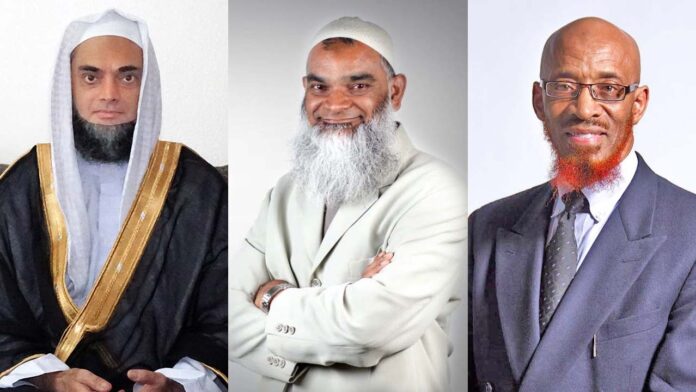In the contemporary world, terrorism linked to religious ideologies has emerged as the dominant form of political violence, overshadowing secular terrorism. This trend is characterized by an increase in frequency, magnitude, and global scope.
Religious extremists justify their actions based on an unwavering belief that a divine authority has ordained and commands acts of terror in the name of their faith. Such individuals perceive violence committed in the service of their religion as not only sanctioned but potentially rewarded in an afterlife, effectively legitimizing their actions as expressions of divine will.
In recent years, terrorist incidents associated with Islam have surged dramatically, posing a significant global concern. Following the 9/11 attacks in New York, doubts regarding the compatibility between Islam and Western values heightened, exacerbated by instances of domestic terrorism, particularly evident post the 2005 London attacks. The emergence of groups like Daesh, exploiting Islam to rationalize their violence, has reinforced a misconception of Islam as inherently violent. In the fourteen years since 9/11 propelled Islamic terrorism to the forefront of Western consciousness, and the initiation of the “Global War on Terror” by then-President George W. Bush, the extremist interpretation of Islam seems to have spread alarmingly.
Among the world’s 1.6 billion Muslims, there exists a minority of extremists, a majority of peaceful adherents, and a small number of dissidents challenging their faith at great personal risk. The root cause of violent extremism within Islam is a subject of debate, raising questions about whether it derives from interpretations of Islam’s sacred texts or external circumstances distorting its core tenets. It’s essential to distinguish between Islam as a body of beliefs and Muslims as individuals who adhere to them, as well as to consider the perspectives of religious leaders within Islam.
According to ‘Abdulaziz bin Abdallah Al-Ashaykh, the chief mufti of Saudi Arabia, Islam unequivocally opposes such acts of violence. He asserts,
“You must know Islam’s firm position against all these terrible crimes. The world must know that Islam is a religion of peace, mercy, and goodness; it is a religion of justice and guidance…Islam has forbidden violence in all its forms.”
Muslim scholars has similar opinions,
“Islam is a religion of peace.”
Similarly, Dr. Ammaar Saeed, another religious figure, has clarified that Islam does not advocate terrorism or violence and explains,
“Harming any innocent being cannot be a Muslim. Being a Muslim and Terrorist is like East and West two opposite directions”
Supporting these views, Shaykh Yusuf al-Qaradawi, chairman of the Sunna and Sira Council in Qatar, highlights Islam’s stance on tolerance and the sanctity of human life. He cites a Qur’anic verse affirming the grave sin of attacking innocent individuals, emphasizing the principle of saving lives.
Canadian Muslim Scholar, Dr. Shabir Ally from “Let The Quran Speaks”, asserts few points about terrorism, as western media associating Muslims with terrorism. As his comments,
“We would completely dissociate the Quran from the acts of terrorism first let’s define terrorism as attacks on civilians with a political objective the Quran is clearly against attacking civilians”
Sheikh Khalid Yasin controversial speaker was been asked views on terrorism. In one of the interviews, he accuses Israel of state terrorism.
Dr. Khalid Yasin accuses Israel of state terrorism. He refers to,
“an occupation of Palestinian land by the criminal state of Israel … and they are still committing terrorism after 50 years”.

